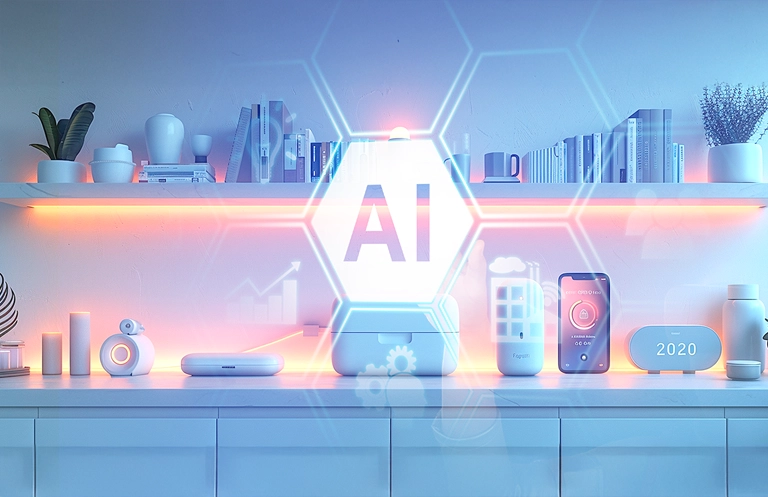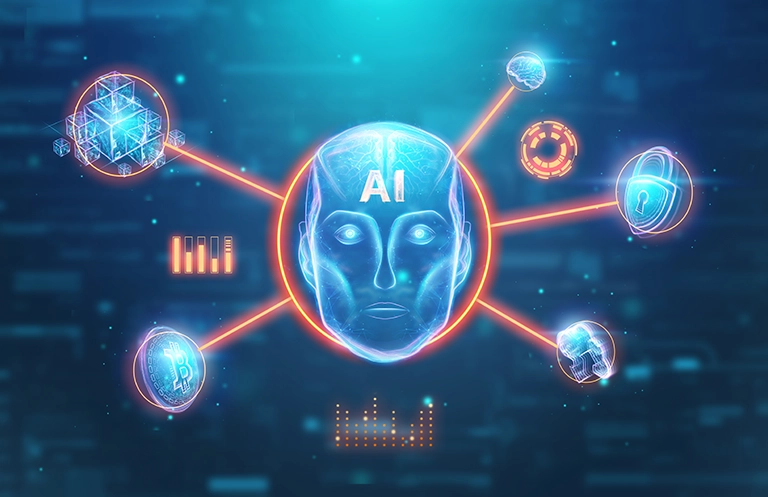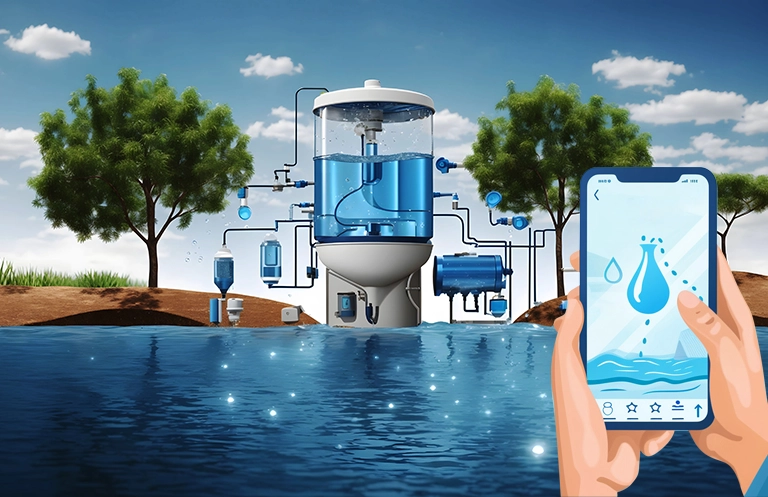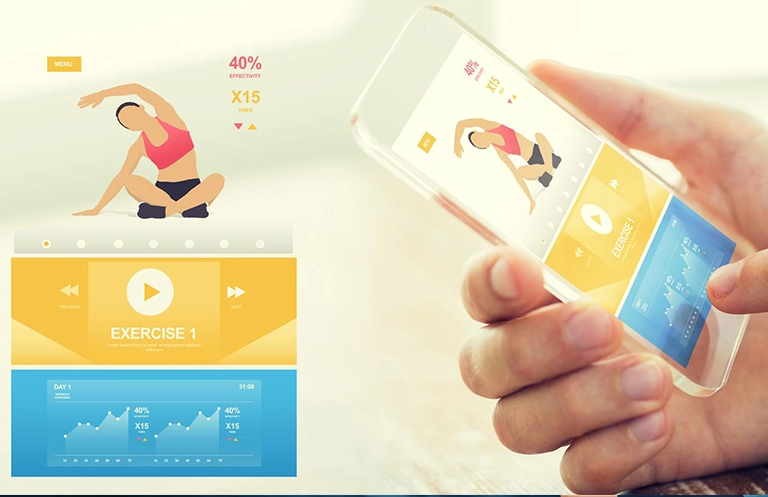The 21st century has been an era of data-driven decisions. It is said that the segments or industries which generate more data will grow faster and the organizations which utilize this data to take important decisions may stay ahead of the curve.
When it comes to industries that generate huge data, healthcare is one among the top. Thanks to the several new methods of data collection, such as sensor-generated data.
What if this data can be used to provide better healthcare services at lower costs and increase patient satisfaction? It’s actually possible by applying machine learning techniques.
Effective machine learning implementation enables healthcare professionals in better decision-making, identifying trends and innovations, and improving the efficiency of research and clinical trials.
As healthcare generates large data, the challenge is to collect this data and effectively use it for analysis, prediction, and treatment. Let us see how Machine learning can address this challenge.
HANDPICKED RELATED CONTENT:
5 Ways IOT and Mobility Address Common Concerns of Healthcare Industry
How Does Machine Learning Help in Healthcare?
Machine learning allows building models to quickly analyze data and deliver results, leveraging historical and real-time data.
With machine learning, healthcare service providers can make better decisions on patient’s diagnoses and treatment options, which lead to an overall improvement of healthcare services.
Previously, it was challenging for healthcare professionals to collect and analyze the huge volume of data for effective predictions and treatments since there were no technologies or tools available. Now with machine learning, it’s been relatively easy, as big data technologies such as Hadoop are mature enough for wide-scale adoption.
In fact, 54% of organizations are using or considering Hadoop as big data processing tool to get important insights on healthcare according to the Ventana Research Survey. 94% of Hadoop users out of existing users perform analytics on voluminous data which they believe was not possible before.
Machine learning algorithms can also be helpful in providing vital statistics, real-time data and advanced analytics in terms of the patient’s disease, lab test results, blood pressure, family history, clinical trial data, etc., to doctors.
In #healthcare, #machinelearning helps obtain real-time data related to patients diseases, lab results and #clinicaltrials @einfochipsltd
Considering these possibilities, there are several areas where machine learning can be applied to change the future of healthcare.
Disease Prediction
The modern approach to healthcare is to prevent the disease with early intervention rather than go for treatment after diagnosis. Traditionally, physicians or doctors use a risk calculator to assess the possibility of disease development.
These calculators use fundamental information such as demographics, medical conditions, life routines, and more to calculate the probability of developing a certain disease. Such calculations are done using equation-based mathematical methods and tools. The challenge here is the low accuracy rate with a similar equation-based approach.
For example, the Framingham Study can predict the hospitalization with only 56% of accuracy for a long-term cardiovascular disease.
But with recent development in technologies such as big data and machine learning, it is possible to get more accurate results for disease prediction. Physicians are teaming up with statisticians and computer scientists to develop better tools to predict the diseases.
Experts in the field are working on the methodologies to identify, develop, and fine-tune machine learning algorithms and models which can deliver accurate predictions.
To develop a strong and more accurate machine learning model, we can use data collected from studies carried out, patient demographics, medical health records, and other sources.
The difference between traditional and machine learning approach for disease prediction is the number of dependent variables to consider. In a traditional approach, they consider very few variables that you can count on your figure such as age, weight, height, gender and more (due to computational limitation).
On the other hand, machine learning being processed on computing devices can consider a large number of variables, which results in a better accuracy of healthcare data.
According to a recent study, the researcher obtained better diagnostic accuracy, using entire medical records by considering around 200 variables.
HANDPICKED RELATED CONTENT:
The Future of Healthcare: IoT, Telemedicine, Robots & Artificial Intelligence
Drug Discovery
Drug discovery and development is very costly and time-consuming work. Typically, a new drug development takes more than 10 years to get into a market and costs roughly around 2.6 billion dollars, according to the Tufts Center for the Study of Drug Development.
A drug discovery initiative is aimed at finding a compound that reacts with the targeted molecules of the body, causing a disease to cure. But there is a great possibility that the core or supporting drug compound reacts to non-targeted molecules in the body adversely, which can possibly cause threatening and hazardous side effects.
As pharmaceutical companies cannot predict a potential drug compound effect on targeted and non-targeted molecules using traditional computational technologies, the chances of drug failure are higher in clinical trials. This scenario makes drug discovery very costly and time-consuming process. Better predictive methods using machine learning can save a lot of resources in this case.
Machine learning based approach (considering the large volume of clinical data for approved and failed drugs) to identify a toxic compound that may cause side effects can save many resources before going into clinical trials.
Around 90% of drugs can’t make it through the trial process. By automating the compound molecules reaction processes using machine learning, pharmaceuticals can improve the drug discovery and development process and decrease the time-to-market. According to a study by Carnegie Mellon, automating the drug discovery process can reduce costs by approximately 70%.
Electronic Health Record
Electronic health records consist of entire medical and health data in a single system to ensure data availability and accessibility.
ML-based EHR Model Transfer approach helps apply predictive models across different EHR systems. Such models can be trained using datasets from one EHR and can be utilized to predict an outcome for another system.
With #ML-based #EHR, users can predict diseases outcome from other #EHRSystems utilizing heterogeneous data models @einfochipsltd
These systems have heterogeneous data sources, with data that come in many forms—structured and unstructured, such as images, text, medical imaging and more. Storing these data is not a concern, but it is hard to deploy this data for analysis and predictions due to inconsistent formats.
Machine learning technologies such as image processing, optical character recognition, natural language processing and others can help to convert these data into the uniform format from various sources and multiple systems.
This approach enables to implement the ML model and predict the potential outputs.
Conclusion
These are the few potential areas where Machine Learning can help the healthcare industry out of many scenarios. We see, with machine learning applications, healthcare and medicine segment can advance into a new realm and completely transform the healthcare operations.
HANDPICKED RELATED CONTENT:
eInfochips has an extensive experience in providing diagnostics, analysis, imaging, wearable and telemedicine solutions to healthcare organizations. Our team has expertise from concept and architecture definition to prototyping, field trials, certification and sustenance engineering. We have also provided mobile-enabled solutions for medical devices and clinical software, integrating them securely with the cloud infrastructure for remote diagnosis and ease of access.












